WGA STRIKE: SAQ (Seldom Asked Questions)
In an age where technology continues to evolve at an accelerated rate, the Writers Guild of America (WGA) has, by necessity, evolved with it. From the emergence of television, cable T.V., and home video, the Guild has been there to protect its writers and their place in the industry like a brave superhero. But, just like in an epic superhero film, the opposition has only grown more powerful and daunting. And now, with the advent of Artificial Intelligence (A.I.) at their disposal, big studios threaten to minimize the Guild’s working writers even further. Regardless of how it ends, the current WGA strike has kicked off a showdown for the ages, and when the dust settles, nothing will ever be the same.
Since the beginning of May, both WGA members and non-members have been hard at work picketing in an effort to change the way studios do business with “new media” and streaming services. But, though earning a fair wage from streaming services is an important battle, it’s just the tip of the iceberg. Many studios have reduced the number of writers utilized in their writer rooms (called “mini-rooms”), increased their workload without increasing their pay, and look to A.I. to write a percentage of scripts and teleplays. So how does this all apply to us writers?
Whether you’re a Guild member or not, industry screenwriters have a lot to lose. There’s no doubt about it — it’s a scary time. A quick search in your favorite Internet browser will compile a list of thoughts, opinions, fears, and predictions, but our best and safest bet is to stop, take a deep breath, and stick to the facts. For example, did you know that, even as a non-Guild member, breaking strike rules or participating in “scab writing” can disqualify you from ever joining the WGA in the future? WGA Strike Rule #9 requires members to report such writing, as well as the name of any writer crossing the picket line, so the Guild has posted an online form to report these violations. For reasons like this, every screenwriter should familiarize themselves with the language that pertains to their individual situation. Meanwhile, the WGA encourages members and non-members to contact their legal department with any questions that may not be covered in their documentation (click here for WGA Strike Rules). As a non-union writer with questions and unusual circumstances, I decided to do just that.
The WGA Legal Department’s answers to my queries are written below in red:
“Can I still write comic books?” Comic books are not under the WGA’s jurisdiction.
“Prior to the strike, I was in talks to write for independent production companies. Am I allowed to proceed if I’m currently non-union?” If you’re not a member, we don’t have jurisdiction over your work for non-signatory companies, so we can’t tell you not to work for them or hold it against you if you become a member in the future.
“I submitted screenplays to festivals and fellowships. Under the strike rules, do I need to withdraw my submission?” It depends which festival. (Contact the Guild’s Legal Department for specific details.)
“I was invited to be a guest on a podcast to promote an independent film I wrote that is currently streaming. Am I allowed to attend?” If it’s a non-union movie then we can’t tell you what to do with it, but strongly discourage you from promoting any work on streaming platforms for struck companies.
“I am not currently a guild member, but I want to participate in the strike. How can I join the cause?” You should check the WGA website to see the list of picket locations. (A handy Social Media Toolkit is also available to help you show support and solidarity.)
To contact the WGA Legal Department, you can call by phone at WGAW Legal Department (323) 782-4521 or the WGAE Legal Department (212) 767-7844, though they prefer your queries be sent by email at legal@wga.org.

